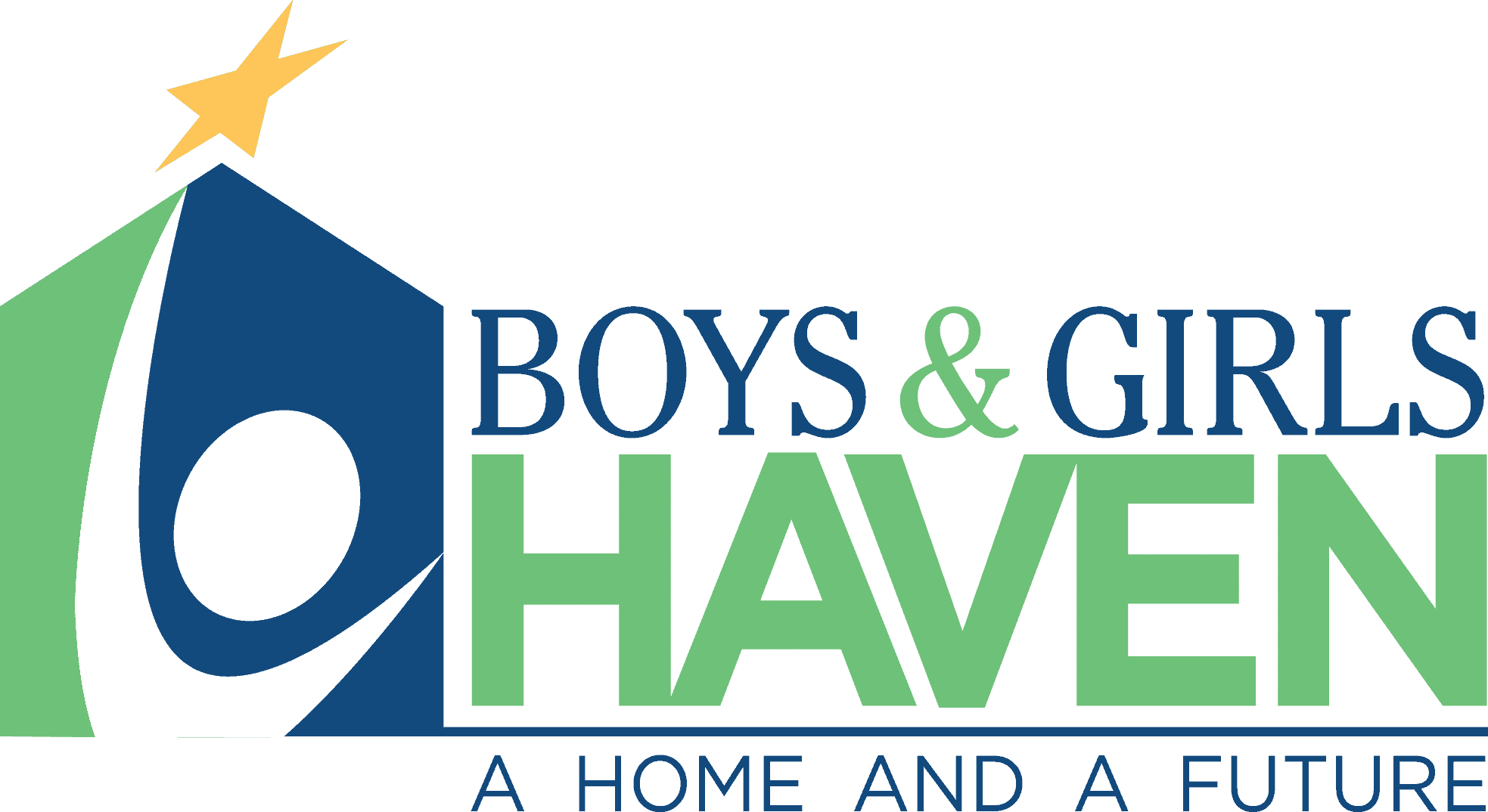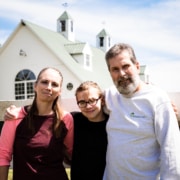Foster Care at BGH
Boys & Girls Haven Therapeutic Foster Care consists of a supportive network of foster homes offering kids the love and stability of a family. For many of our children, this is their first experience in a consistent and safe home – their first chance to have a childhood.
We believe that every child deserves to grow up in a safe and healthy environment they can call home. Families need strong support too. Boys & Girls Haven Therapeutic Foster Care provides foster parents with great training and is backed by the best resources in the field.
428,000
428,000 children are in the U.S. foster care system.
8,000
8,000 youth are in foster care in Kentucky.
20,000
Over 20,000 youth “age out” of foster care every year.
Services Offered
We empower our foster families to meet the needs of children who have experienced abuse and neglect.
- Intensive In Home Case Management
- Psychiatric Evaluations
- Medication Management Services
- Individual Therapy
- Family Therapy
- Supportive Wraparound Services
- Resource Coordination/Referrals
Services Offered
We empower our foster families to meet the needs of children who have experienced abuse and neglect.
- Intensive In Home Case Management
- Psychiatric Evaluations
- Medication Management Services
- Individual Therapy
- Family Therapy
- Supportive Wraparound Services
- Resource Coordination/Referrals
Questions & Answers
Does it cost money to be a foster parent?
The path to getting certified to be a foster parent may cost a little, but most foster parents actually receive money once they are licensed and have a child placed for care in the home. Depending on your area, you may find that you have to spend out of pocket for licensing costs like fingerprinting fees and background check fees. In addition, you may need to spend money to ready your home for a child to live there — a crib or twin bed, dresser, high chair, fire extinguisher, blankets, etc.
Once you’re a licensed foster parent, there are very little, if any, out-of-pocket costs associated with caring for your foster child. Parents receive a monthly stipend and reimbursement for things like room and board, clothing, toiletries, allowance, and extracurricular activities. The child’s medical and dental expenses are covered by the state’s Medicaid program. Your foster child may even receive additional money for back-to-school supplies, a birthday allowance, and holiday gifts.
Why do children need foster care?
Most of the children and teens in foster care have experienced child abuse or neglect in some capacity. Foster care provides children with a safe, loving home when they can’t live with their birth parents – this can be for a night or two in an emergency situation, several months or even years until they turn eighteen.
What are the benefits of being a foster parent?
There are many benefits to becoming a foster parent. These include: improved parenting skills, improved family bonds, new and improved meaning to life, inspiring people and the community, acquiring positive life lessons, changing the future and present generations, and more!
What kinds of children will be in my home?
On any given day, 9,526 youth are in Kentucky foster care. They range from infants to 18 years old, and even up to 21 years old in the states that have extended foster care. The average age of a child in foster care is 9 years old, and there are slightly more boys than girls. The median amount of time that a child is in foster care is just over a year. More than half of these children will be safely reunified with their parents or primary caregivers, and nearly one-quarter will be adopted, many by their foster parents.
How is therapeutic foster care different from traditional foster care?
In therapeutic foster care, foster parents provide services to children that have been abused, neglected or have experienced serious traumatic events. These children often have difficulty regulating their emotions and may present challenging behaviors. These children have often had multiple placements and need extra support in making a successful transition to foster care and ultimately a transition into a permanent placement.
How many children are in foster care?
As of 2024, there are 8,000 youth in foster care in Kentucky. The Kentucky Cabinet for Health and Family Services updates the data of current youth being served here. According to a U.S. Department of Health and Human Services (HHS) report, the number of children in the foster care system nationally has increased for the fourth year in a row. Most government agencies and journalists attribute the rise, in part, to increased parental substance abuse. Of the 15 categories, states can report for the circumstances associated with a child’s removal from home and placement into care, drug abuse by a parent had the largest percentage point increase. Neglect as a circumstance around removal has also been increasing.
What is the main goal of foster care?
When youth cannot remain safely in their homes and must enter foster care, the first goal of foster care is to safely reunite them with their families as soon as possible. The most common outcome for children in Kentucky foster care is a safe reunification with their families. Nationwide, more than half of youth who enter foster care are safely reunified. The average length of time a child is in foster care is about a year, but much of this is dependent on how long it takes for the family to resolve their conflicts or disruptions and demonstrate that their home is safe for their child to return home.
Request A Consultation
We’d love to hear from you




